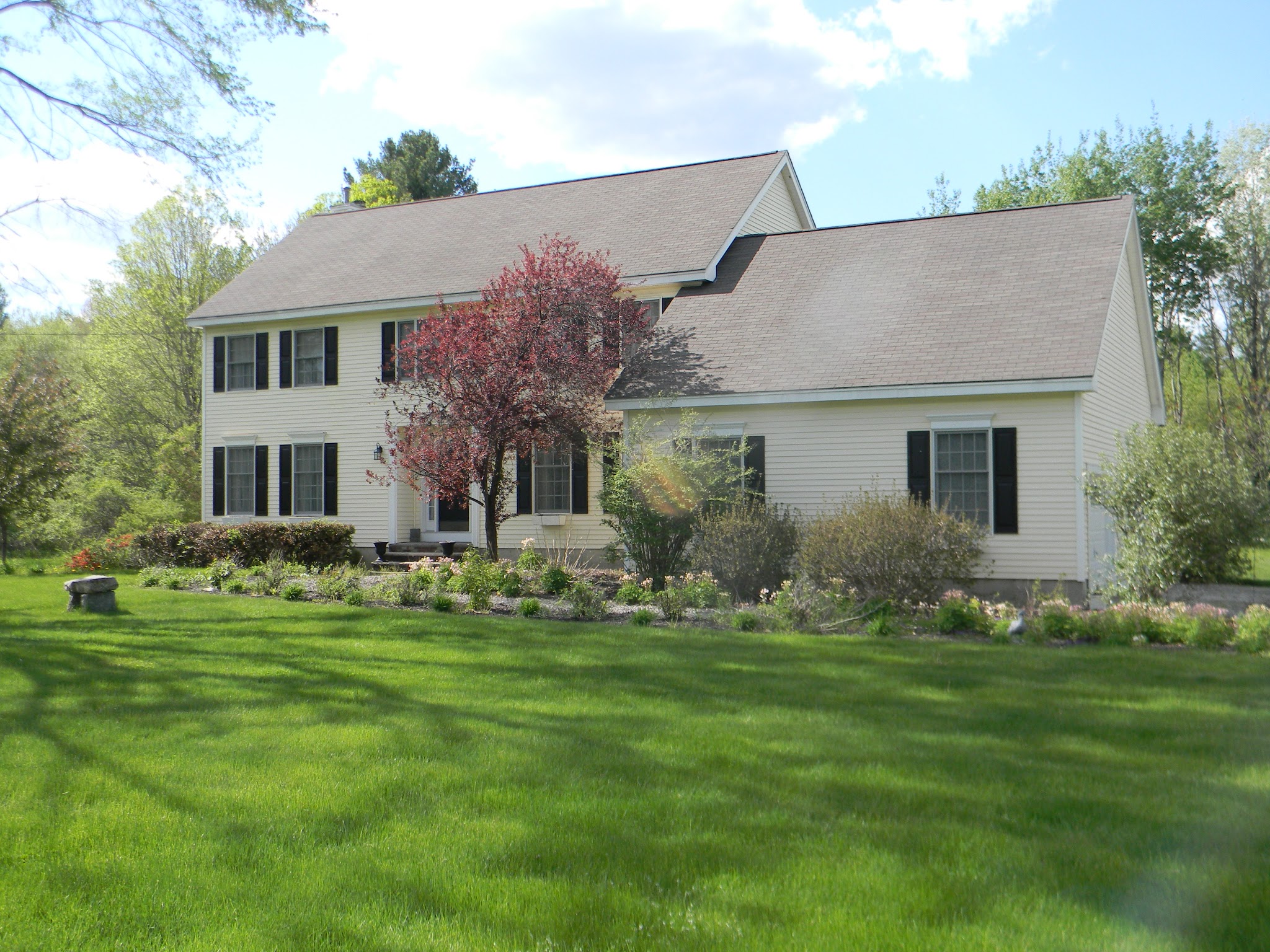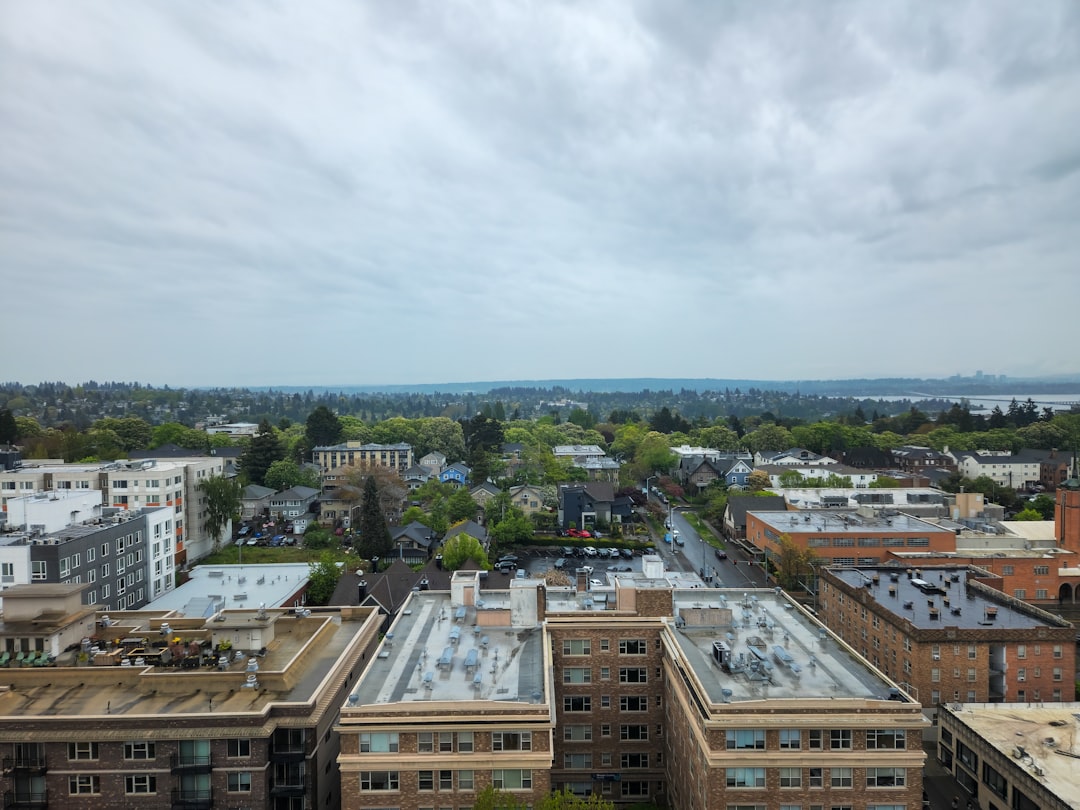The History of Your Neighborhood: A Powerful Local Journey
Have you ever walked down your street and wondered what it looked like 50 years ago? Or even 150 years ago? The history of your neighborhood holds more stories than you might think.
From farmlands and forests to bustling communities with charming homes, many New Hampshire towns have changed a lot over time. Whether you're buying, selling, or just curious, knowing the history of a neighborhood can help you understand its value, charm, and future.
This blog will explore how neighborhoods in Southern NH, including lovely places like Litchfield, evolved into the places we know and love today. If you're looking for Litchfield Houses for Sale or browsing Southern NH houses for sale, it helps to know what came before—and why it still matters.
Why Neighborhood History Matters in Real Estate
When you understand a neighborhood’s story, you connect with it in a deeper way. You begin to see how old roads, brick homes, stone walls, and tree-lined streets are more than just pretty—they’re part of a legacy.
Buyers love learning about the roots of a place. Sellers can use this history to show pride and value. And as a REALTOR®, it gives you one more tool to build trust and connection.

Southern NH’s Roots: Simple, Strong, and Proud
Let’s start by going back in time—way back.
Many Southern NH towns were founded in the 1600s and 1700s. Towns like Litchfield, Hudson, and Merrimack began as small farming and trading communities. Settlers built homes by hand, planted crops, and raised families on the land.
In those early days:
Homes were often made of timber and stone
Roads were dirt paths for horses and wagons
Town centers grew around churches or mills
Community events were held on the town green
These beginnings shaped the tight-knit, hometown feel that still exists today.
Litchfield, NH: A Quiet Town with Deep Roots
Take Litchfield for example. This beautiful town near the Merrimack River has roots going back to the early 1700s.
It was once filled with large farms, fields, and family-owned businesses. Over time, those farms turned into neighborhoods with single-family homes, schools, and parks. But the feeling of "small town pride" never left.
Today, Litchfield houses for sale still carry that cozy charm. Many roads, buildings, and even family names have been around for generations. You can feel the history just walking around town.

From Farms to Family Neighborhoods
In many Southern NH towns, big farmland was slowly divided and turned into friendly neighborhoods. The post-war boom in the 1950s and 1960s brought lots of change.
New roads were built. Schools opened. Shopping plazas popped up. People moved from cities like Boston to find peace and space in NH.
During this time:
Many ranch-style and split-level homes were built
Towns focused on family-friendly living
Parks, libraries, and town halls grew
Commuter routes connected homes to nearby cities
You’ll still see this mix of old and new in today’s Southern NH houses for sale.
Historic Landmarks You Can Still See
One great way to spot the history of your neighborhood is by looking at what still stands today.
Look for These Signs of the Past:
Stone walls from old farm boundaries
Historic barns and silos
Old schoolhouses turned into town offices
Century-old churches and cemeteries
Water-powered mills by rivers
Many neighborhoods were built around these landmarks. In places like South Hudson, you’ll even find entire neighborhoods named after the families or businesses that once shaped the land.

Beautiful house in a peaceful neighborhood for sale in Southern NH
How History Impacts Property Value
Believe it or not, the past can influence a home’s price today.
Here’s How:
Historic charm: Buyers love character and craftsmanship. Older homes with updates sell fast.
Neighborhood stability: If a neighborhood has been strong for years, that brings confidence to buyers.
School reputation: Long-standing schools often mean steady property values.
Cultural pride: A rich town history can make a home feel more special and “worth it.”
Homes in neighborhoods with strong roots tend to attract families, professionals, and retirees alike.
Stories That Shape a Community
Every neighborhood has its own set of stories—fires, floods, celebrations, growth, or even famous residents. Over the years, many Southern NH towns have experienced events that helped shape their personality.
For example:
A town fair that’s been running for 100 years
A train station that once brought people from Boston
A flood that rebuilt the community stronger
A school that educated generations of families
Buyers love hearing these stories. It gives them a sense of belonging and pride before they even move in.
Modern Growth, Historic Respect
As new developments pop up across Southern NH, builders and planners try to respect the area’s history.
You’ll often see:
Street names that reflect original landowners
Homes designed to match old New England style
Community signs showing historic info
Town websites sharing local history
Modern buyers are drawn to this mix of past and present. That’s why neighborhoods with a “story” are easier to market and sell.

Exploring Your Own Neighborhood’s Story
You don’t have to be a history buff to discover your own neighborhood’s past. You just need curiosity and a few easy steps.
Try These:
Visit the town library or historical society
Walk the area and take note of old signs or buildings
Talk to longtime neighbors or local elders
Check old maps or newspaper archives online
Look for plaques or monuments in public spaces
What you learn might surprise you—and help you tell your home’s story even better!
How to Use Neighborhood History to Sell Your Home
If you’re planning to list your home, your neighborhood’s history can be a strong selling point.
Here’s how to use it:





Buyers connect emotionally to stories. It helps them picture their future in a place with a proud past.

The History of Your Neighborhood: A Powerful Local Journey
Understanding the history of your neighborhood helps us appreciate the little things—like that old oak tree that’s stood through generations, or the church bell that still rings on Sundays.
If you're thinking of buying, selling, or just falling in love with where you live, take time to learn the local story. It’s worth it. As local REALTORS® who know and love these communities, we’d be happy to help you uncover your home’s roots—and share them with the next lucky buyer.
If you need more information on the history of your neighborhood, or are ready to sell your house give us a call at (603) 883-8840. You can also sign up for your dream home search or reach out to Our Agents for more information. We’d love to help you with your real estate needs.
